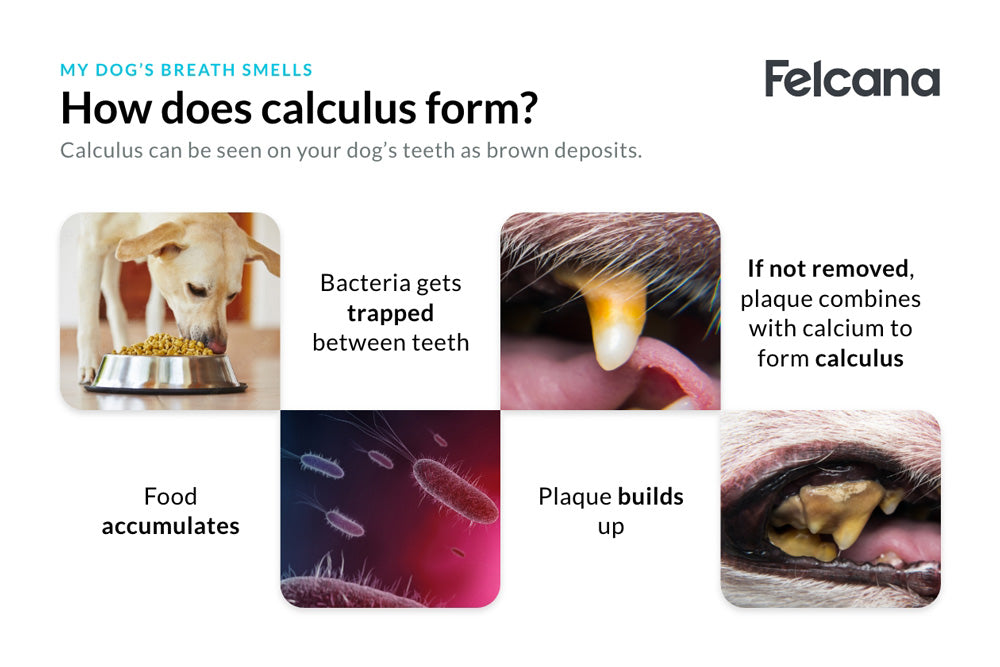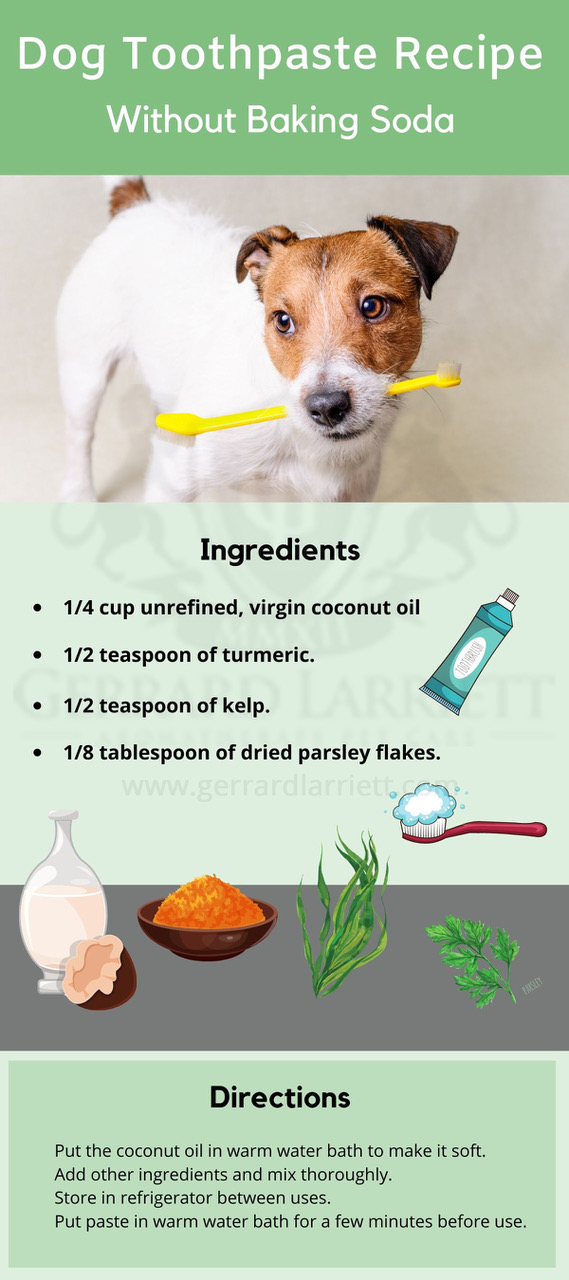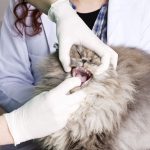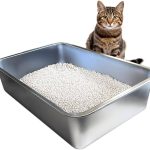As you snuggle up with your furry best friend, have you ever caught a whiff of something that makes you wrinkle your nose? Dog breath – it’s a common concern for many pet owners. But did you know that the culprit behind that stinky smell might not be your dog’s oral hygiene (or lack thereof)? In fact, what you feed your dog could be contributing to their bad breath.
Can Dog Food Make My Dog’s Breath Stink?
It’s a question that has puzzled many pet parents: can the kibble I’m feeding my dog really make his breath stinky? The short answer is yes, it’s possible. But before we dive into the details, let’s talk about why bad breath matters.
The Importance of Good Breath
Bad breath in dogs isn’t just an annoyance – it can be a sign of underlying health issues. In fact, studies have shown that up to 80% of dogs over the age of three suffer from some form of dental disease, which can lead to chronic bad breath. But what’s surprising is that many cases of dog bad breath are linked to diet. When your dog eats food that’s high in carbohydrates and low in fiber, it can lead to an overload of volatile sulfur compounds (VSCs) in their gut.
These VSCs are the same compounds responsible for garlic breath – not exactly the most pleasant aroma! As they’re absorbed into your dog’s bloodstream, they can cause bad breath, as well as other symptoms like digestive issues and even skin problems. So, what does this mean for you? It means that choosing the right food for your furry friend is crucial in keeping their breath fresh and healthy.

As we established earlier, bad breath in dogs can be a sign of underlying health issues. Now that we’ve covered the why behind dog bad breath, let’s dive into the how: how your dog’s diet can contribute to their stinky breath.
The Connection Between Diet and Bad Breath
When it comes to dog food, the quality of ingredients matters more than you might think. Feeding your dog a diet rich in protein and fiber can help reduce the amount of VSCs produced in their gut. On the other hand, foods that are high in carbohydrates and low in fiber can exacerbate the problem.
For example, corn-based dog foods are notorious for causing digestive issues, which can lead to bad breath. This is because corn is a low-fiber, high-carb ingredient that can cause an imbalance in your dog’s gut microbiome. When this happens, the resulting VSCs can make their breath smell less than fresh.
Other factors can also play a role in making dog food stinky. For instance, some manufacturers use preservatives or artificial additives to extend shelf life and improve texture. While these might seem harmless, they can actually contribute to bad breath by altering the gut microbiome and creating an environment that fosters VSC production.
So, what can you do to avoid contributing to your dog’s bad breath? Start by reading labels carefully and opting for foods made with wholesome ingredients like meat, vegetables, and whole grains. Look for products that are labeled as “high-fiber” or “prebiotic-rich,” as these can help support a healthy gut microbiome.
Remember, it’s not just about the type of food you feed your dog – the quality matters too. Avoid foods with artificial preservatives, added colors, and other nasties that can harm their health and contribute to bad breath.
Want to learn more about what your dog should be eating? Check out the American Kennel Club’s (AKC) expert advice on dog nutrition.Get Expert Advice on Dog Care!
Is your dog’s breath stinky? Our experts are here to help you identify the cause and provide personalized advice for a healthier, happier pup.
Get Expert AdviceIn our previous section, we explored how dog food can contribute to your furry friend’s bad breath. But don’t worry – the solution is simpler than you might think.
The Solution: Choosing the Right Dog Food
When it comes to selecting a dog food that won’t make your pup’s breath stinky, there are a few key things to keep in mind. First, look for a food that’s high in fiber and low in carbs. This will help regulate your dog’s digestive system and reduce the production of VSCs.
Next, choose a food that’s rich in omega-3 fatty acids. These healthy fats have been shown to reduce inflammation in the body – including in the mouth – which can contribute to bad breath.
Finally, opt for a food that contains natural antibacterial agents like probiotics and prebiotics. These will help maintain a healthy balance of gut bacteria, further reducing the risk of VSCs and bad breath.
Conclusion
In conclusion, dog bad breath isn’t just an annoying issue – it can be a sign of underlying health problems that can impact your furry friend’s overall well-being. By understanding how dog food can contribute to bad breath, you can take steps to choose the right diet for your pup and keep their breath fresh and healthy.
Remember, taking care of your dog’s oral health is just as important as giving them a good belly rub or playing fetch with them in the park. By doing so, you’ll be rewarded with a happy, healthy, and stink-free furry companion by your side.
The ultimate BMI chart for tall men: Standing above 6’2″? Find out how your height affects your body mass index and what it means for your health. Get the inside scoop on the best BMI charts specifically designed for tall gentlemen like you!
Non-itchy rash on back and chest: Mysterious rashes got you scratching your head? Learn how to identify and treat non-itchy rashes that appear on your back and chest. Explore the most common causes and effective remedies to soothe your skin!




